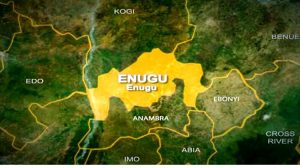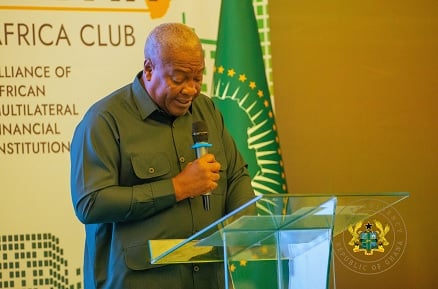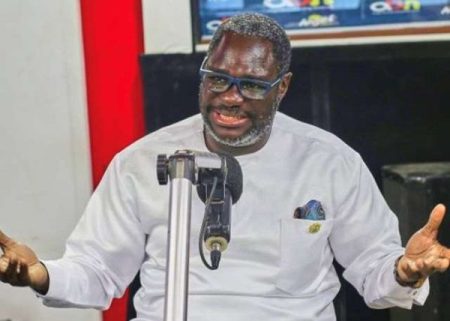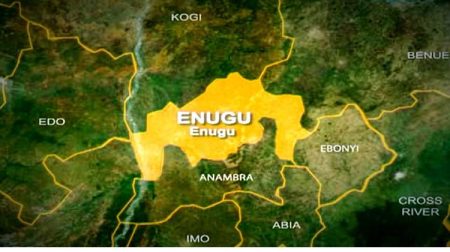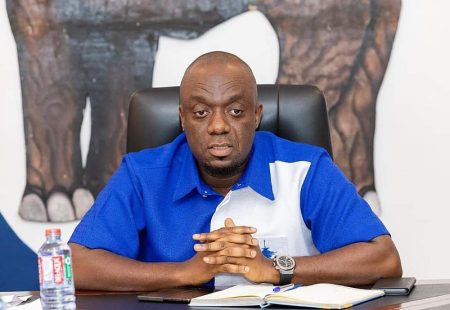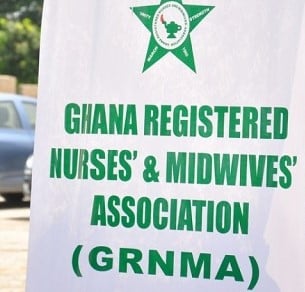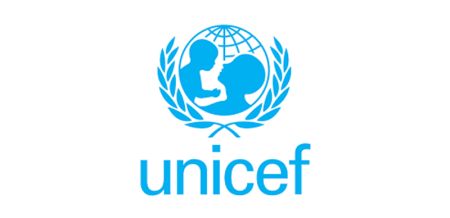President John Dramani Mahama’s address at the 2025 orientation program for newly appointed Metropolitan, Municipal, and District Chief Executives (MMDCEs) signaled a transformative shift in Ghana’s local governance landscape. His pronouncements centered on a multi-pronged approach encompassing electoral reforms, enhanced funding for local assemblies, and a move towards sectoral decentralization, all aimed at deepening democratic participation, bolstering accountability, and driving community-led development. The crux of the proposed reforms rests on the potential election of MMDCEs, a move with widespread public support, marking a significant departure from the current system of appointment. This, coupled with a substantial increase in funding for local assemblies, signifies a paradigm shift in the distribution of power and resources, empowering local communities to take ownership of their development trajectory.
The President’s announcement of potentially transitioning to elected MMDCEs by 2026 represents a pivotal moment in Ghana’s decentralization journey. Currently, MMDCEs are appointed by the President, a system often criticized for fostering political patronage and limiting local autonomy. Mahama emphasized the overwhelming public support for elected MMDCEs, citing recent surveys and highlighting the alignment of this reform with the country’s democratic aspirations. The proposed shift to local elections for these key administrative positions promises to enhance accountability, as MMDCEs would be directly answerable to the communities they serve, fostering greater responsiveness to local needs and priorities. This reform, currently under consideration by the National Review Committee on local governance, is expected to be finalized and presented in August, potentially paving the way for a more participatory and locally driven governance structure.
Complementing the electoral reforms, President Mahama announced a substantial financial boost for district assemblies, pledging a minimum of GH¢25 million for each district from the District Assemblies Common Fund (DACF) in 2025. This represents the highest single-year allocation to local governments in Ghana’s Fourth Republic, underscoring the government’s commitment to empowering local authorities and fostering grassroots development. This significant injection of funds is designed to equip MMDCEs with the resources necessary to execute development projects aligned with the specific needs of their communities. However, the President emphasized that this funding comes with the responsibility of judicious and transparent management, warning against misuse and highlighting that any instances of corruption would be thoroughly investigated and prosecuted.
A cornerstone of the proposed reforms is the concept of sectoral decentralization, a transformative approach designed to transfer control over key services like education, health, roads, and sanitation from central government to local authorities. This devolution of power aims to enhance efficiency and responsiveness by allowing local governments to tailor service delivery to the specific needs of their communities. The implementation of sectoral decentralization is expected to be driven by performance indicators at the district level, tying allocations from critical national funds, such as the National Health Insurance Scheme, Road Fund, and education budget, to tangible outcomes. This performance-based approach aims to incentivize efficient resource management and improved service delivery at the local level.
In his address, President Mahama stressed the importance of collaboration and partnership in achieving sustainable development. He urged MMDCEs to forge strong working relationships with traditional leaders, civil society organizations, and Members of Parliament. These partnerships are crucial for effectively identifying local needs, mobilizing resources, and implementing development projects that truly benefit communities. This collaborative approach recognizes the vital role of diverse stakeholders in the development process, ensuring inclusivity and promoting a sense of shared ownership in achieving progress.
President Mahama’s pronouncements represent a significant step towards a more participatory and accountable local governance system in Ghana. The potential election of MMDCEs, coupled with increased funding and the move towards sectoral decentralization, holds the promise of empowering local communities, fostering greater responsiveness to local needs, and driving sustainable development from the ground up. The successful implementation of these reforms will hinge on the commitment of MMDCEs to transparent and accountable governance, effective collaboration with local stakeholders, and a dedication to serving the best interests of their communities. The President emphasized that this is not just a moment of orientation but a moment of reckoning and responsibility, as the future of Ghana depends on the integrity, innovation, and dedication of its local leaders.



